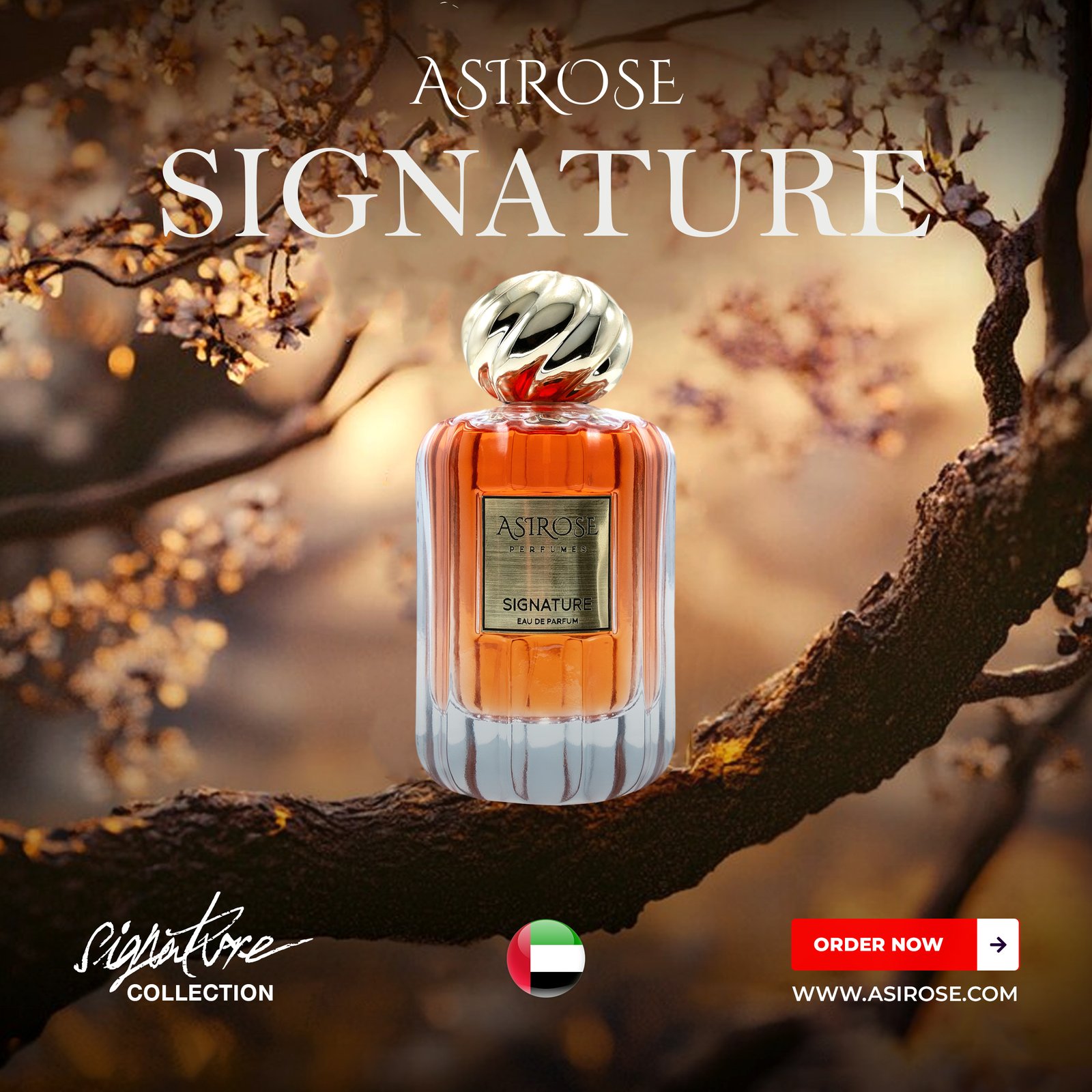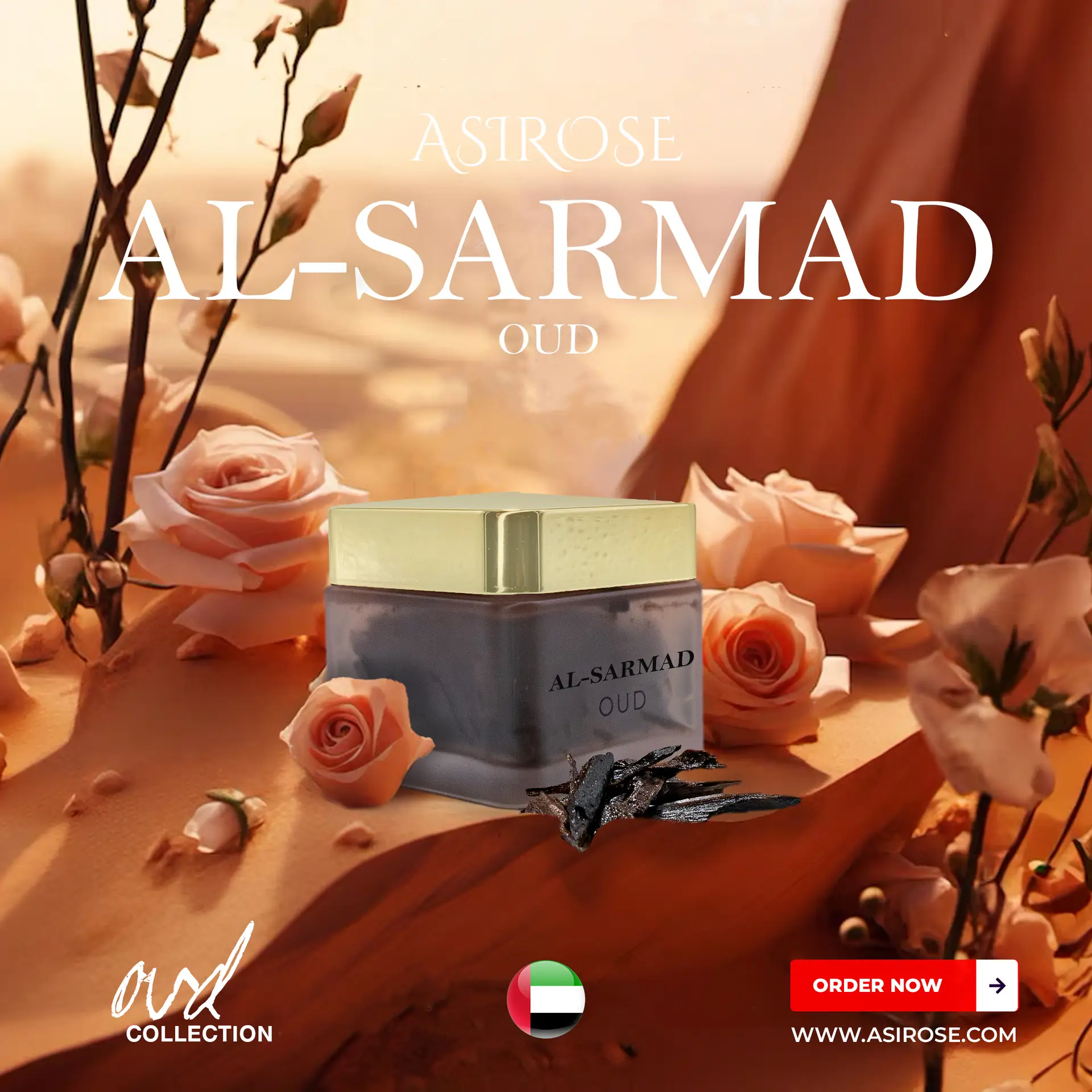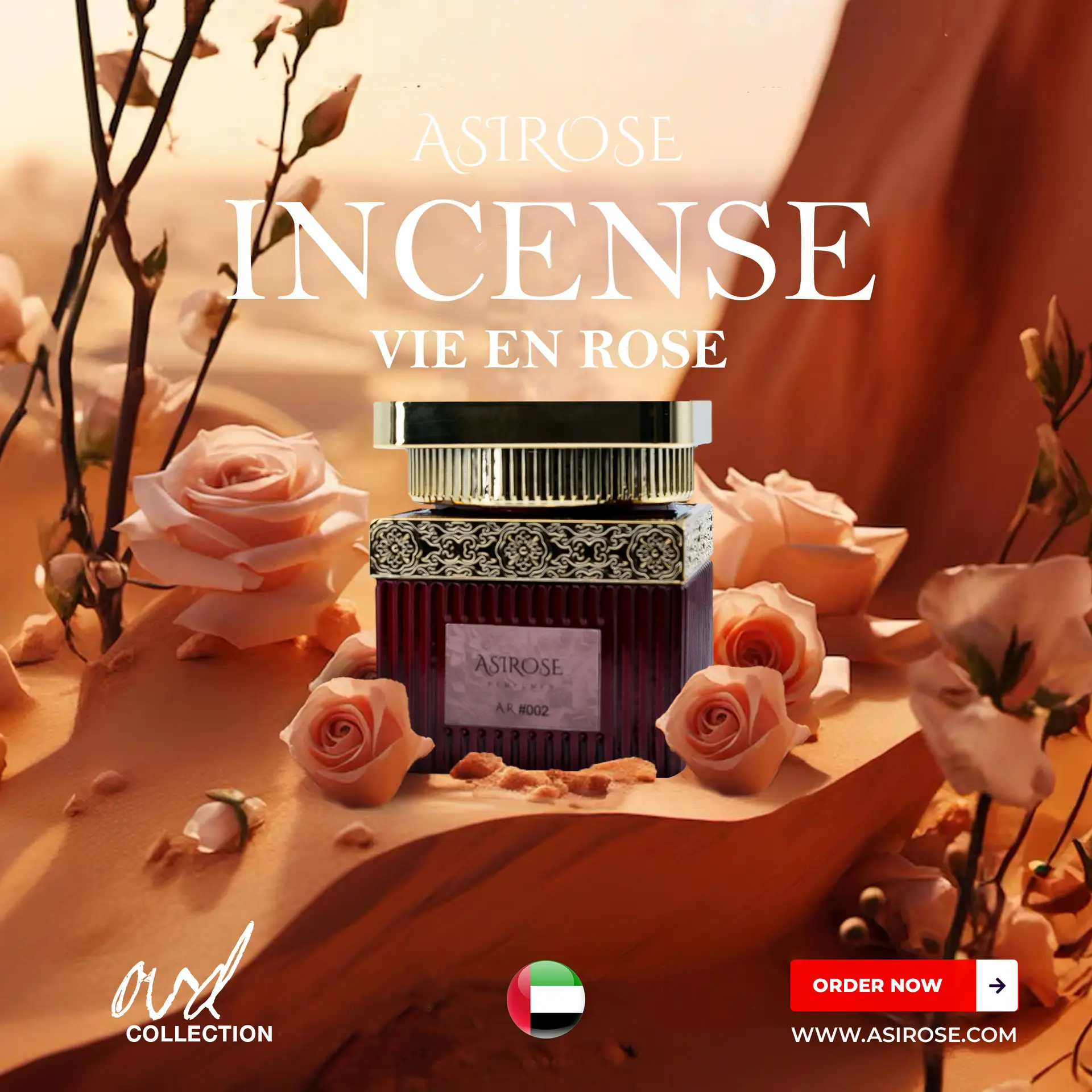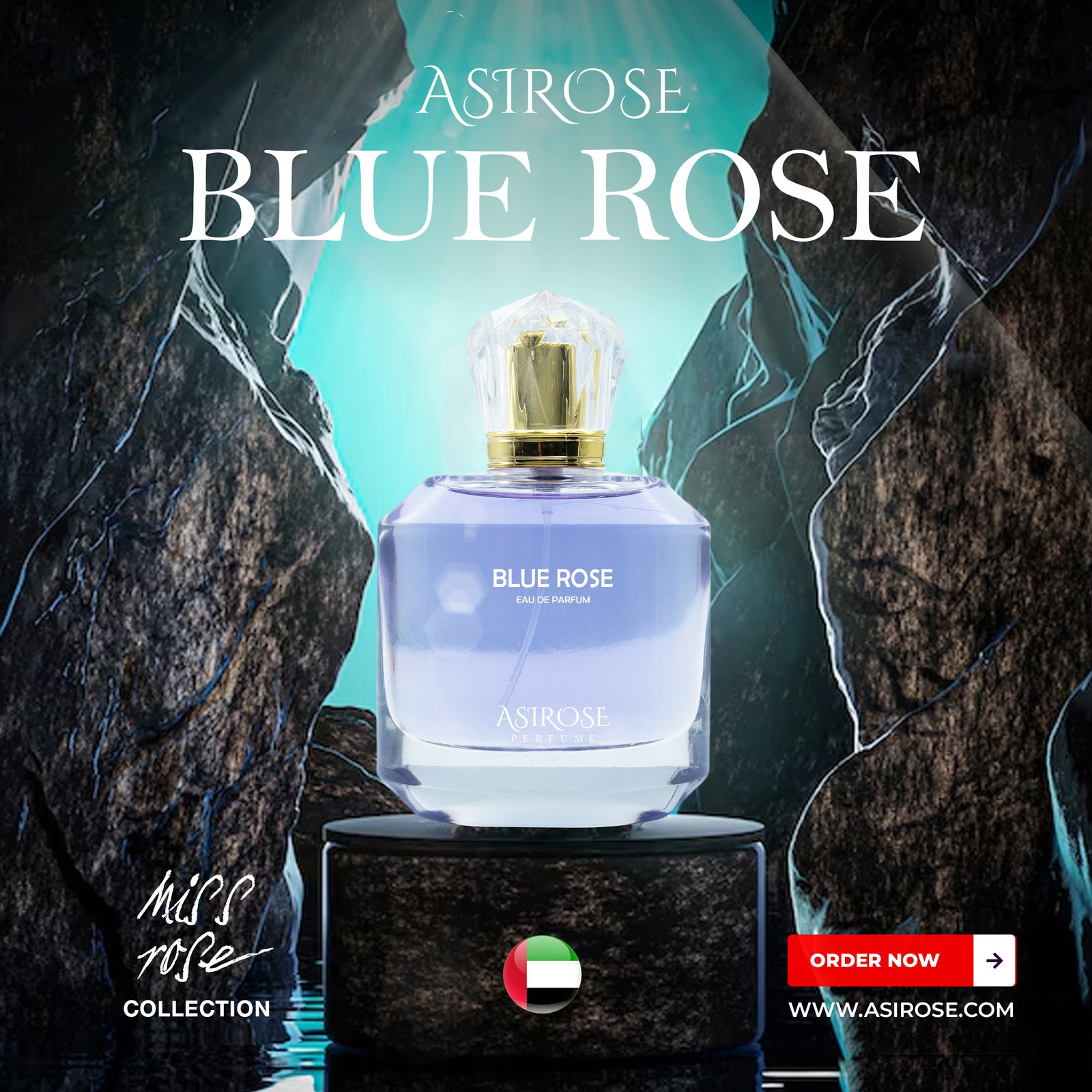
Greek and Roman Contributions to Perfume Culture
The history of perfume is a journey through the senses, shaped by the hands of ancient civilizations. Among the most influential in this fragrant evolution were the Greeks and Romans, who not only inherited the aromatic traditions of earlier cultures like Egypt and Mesopotamia but also elevated perfume into an essential part of their daily lives, rituals, and luxury. Their contributions helped lay the foundations of Western perfumery, influencing practices that endure to this day.
The Greek Influence: From Myth to Medicine
The ancient Greeks viewed perfume as both aesthetic and sacred. Deeply philosophical and artistic, they associated scent with the divine, the beautiful, and the intellectual. Greek mythology is filled with references to perfume. Gods and goddesses like Aphrodite, the goddess of love and beauty, were said to emit irresistible fragrances. Perfume became a symbol of purity, love, and celebration.
Greek writers like Homer, Theophrastus, and Hippocrates documented the uses of perfume in both poetry and science. Theophrastus, often referred to as the “father of botany,” wrote “Concerning Odours”, a pioneering treatise that examined how plants produced scent and how it could be extracted—marking one of the earliest systematic studies of perfumery.
Perfume was also considered part of medicine and hygiene. Greek physicians used aromatic oils to treat illnesses, enhance mood, and disinfect wounds. Scent was not merely decorative; it was therapeutic.
Daily Life and Perfume in Greece
In Greek society, perfume was used in various forms:
Perfumed oils were applied after bathing.
Incense was burned in temples and homes.
Scented garlands and flowers were worn during feasts and ceremonies.
Perfume also played a key role in funeral rites, believed to guide the soul to the afterlife and honor the dead.
Perfume production in Greece was a thriving art. The city of Corinth was particularly famous for its high-quality scents, often stored in intricately designed alabaster or ceramic containers.
The Roman Expansion: Luxury, Industry, and Obsession
When the Romans inherited Greek perfume culture, they embraced it with fervor—and amplified it. For the Romans, perfume became a marker of status, refinement, and imperial power.
During the height of the Roman Empire, perfume use became widespread across all levels of society, though it remained most prominent among the elite. Roman emperors such as Nero and Hadrian were known for their extravagant use of scent. Nero famously hosted banquets where rose-scented water rained from the ceilings, and entire rooms were perfumed with exotic aromas.
Perfume in Rome was not just about personal care—it permeated public life:
Bathhouses featured perfumed oils as part of the cleansing ritual.
Temples used incense in religious ceremonies.
Theaters and festivals were filled with fragrant air to delight attendees.
Innovation and Industry
The Romans turned perfumery into a refined industry, importing exotic ingredients from across the empire—frankincense from Arabia, cinnamon from India, myrrh from Africa. They developed sophisticated techniques for distillation, maceration, and enfleurage, further evolving the craft.
Roman perfumers also mastered the art of preservation and packaging, using sealed glass bottles and amphorae to protect scents from evaporation. This practical innovation helped spread perfume more widely and ensured its longevity.
The famed Roman writer Pliny the Elder documented hundreds of aromatic ingredients in his Natural History, providing a valuable source for understanding ancient perfumery.
A Scented Legacy
The decline of the Roman Empire marked a temporary decline in Western perfumery, but the knowledge and traditions of the Greeks and Romans were preserved by Arab and Persian scholars during the Islamic Golden Age—only to be reintroduced to Europe centuries later through trade and conquest.
Conclusion
The Greeks gave perfume meaning, myth, and science; the Romans gave it scale, luxury, and legacy. Together, their contributions helped elevate perfume from sacred ritual and medicinal remedy to an essential element of personal identity and cultural expression.
Thanks to the ancient Greeks and Romans, perfume became more than a scent—it became a language of beauty, power, and memory, one that still speaks to us today.




